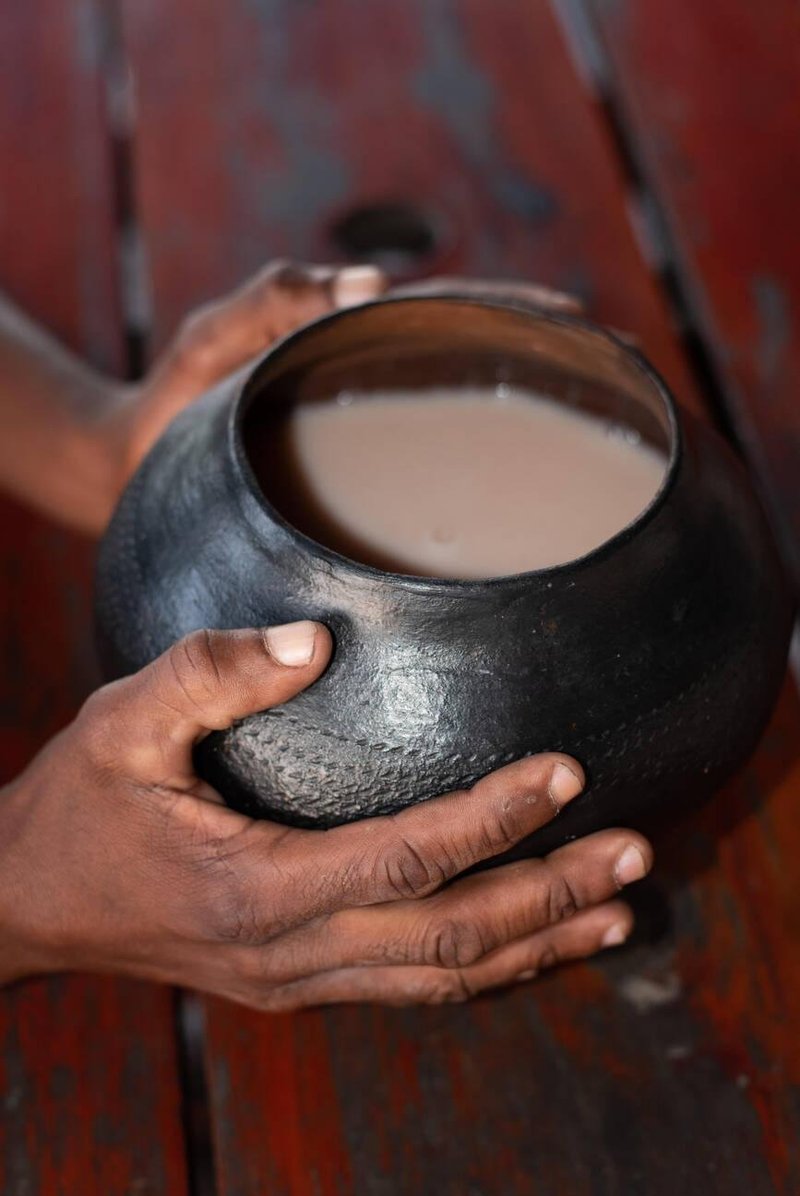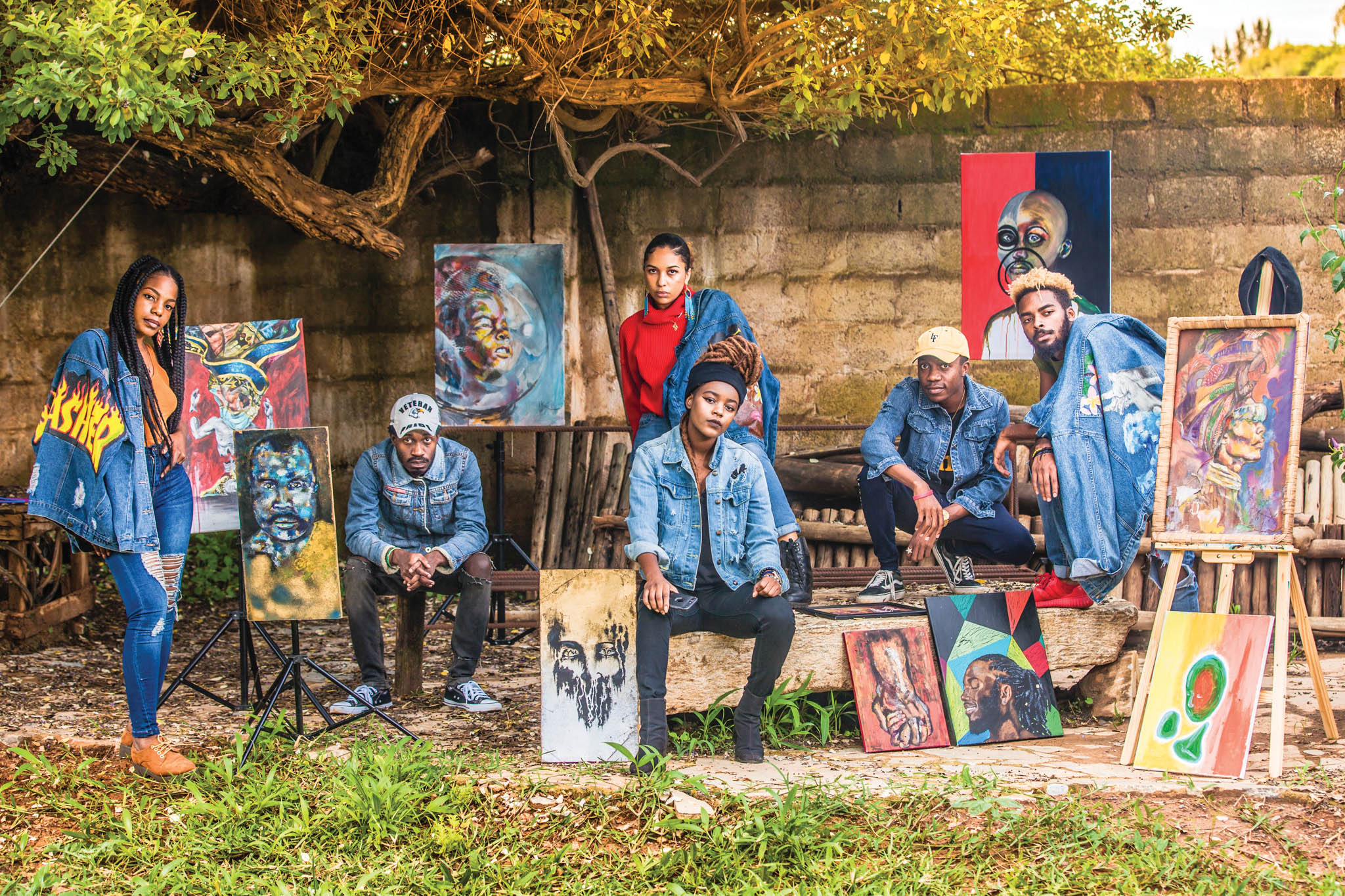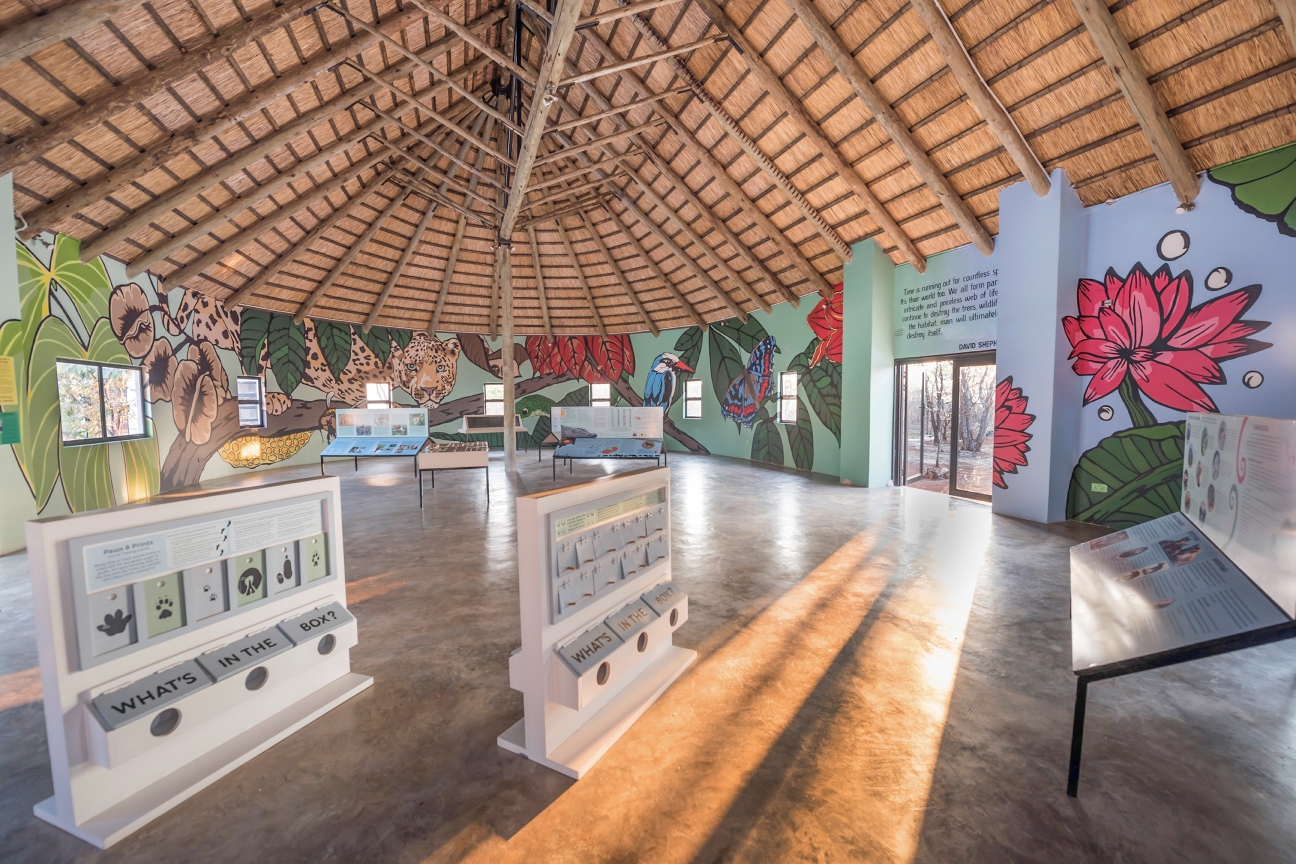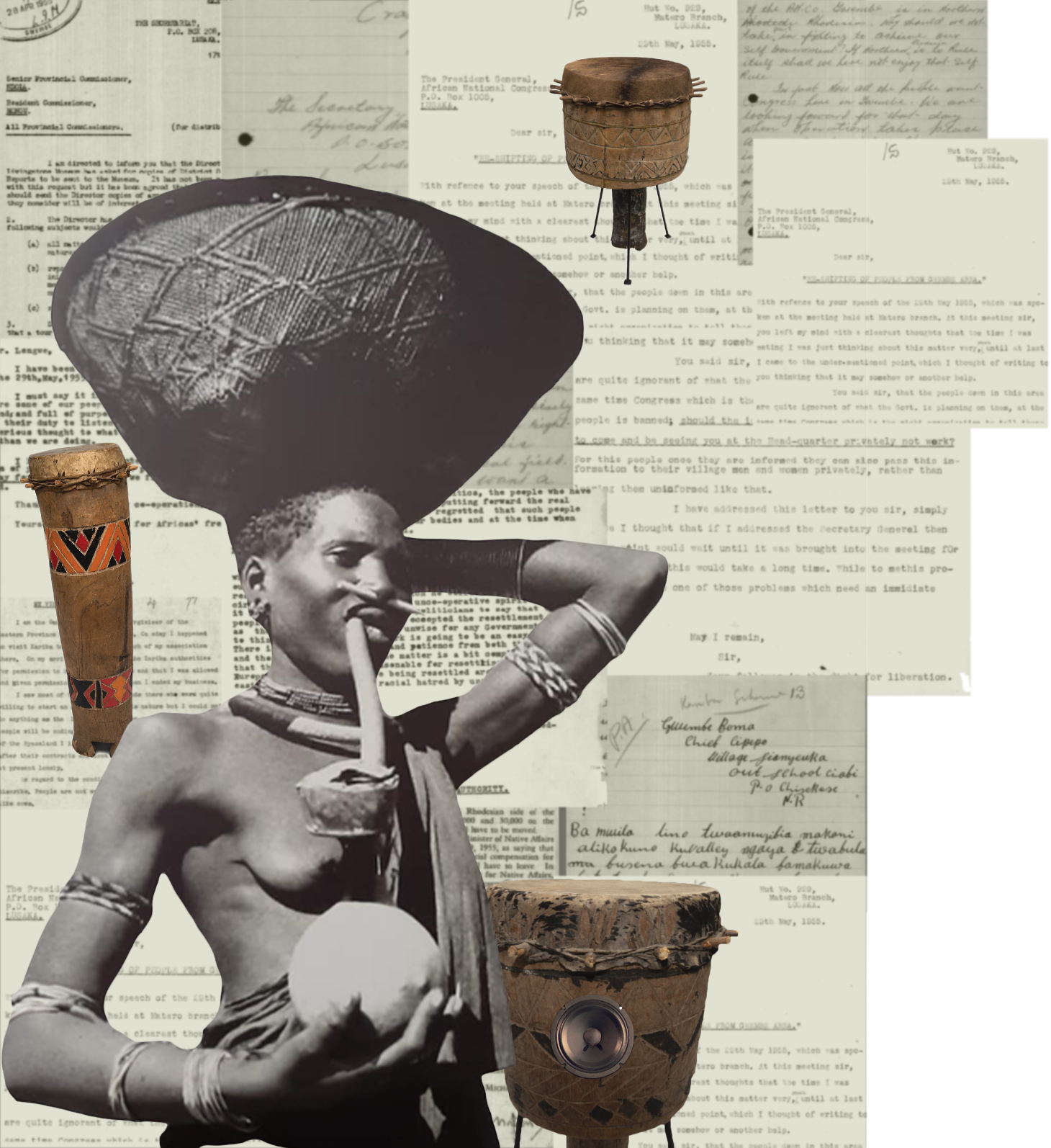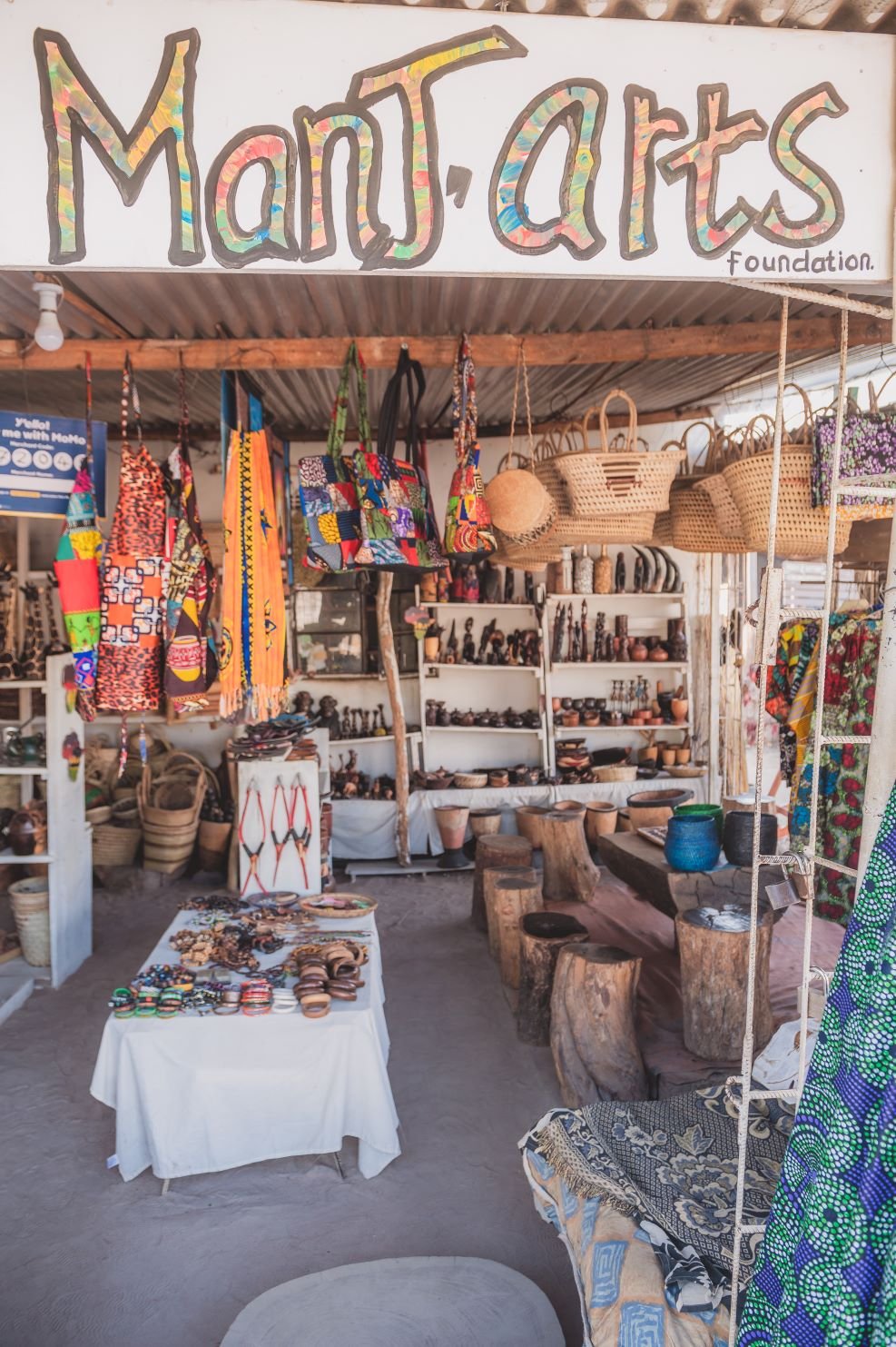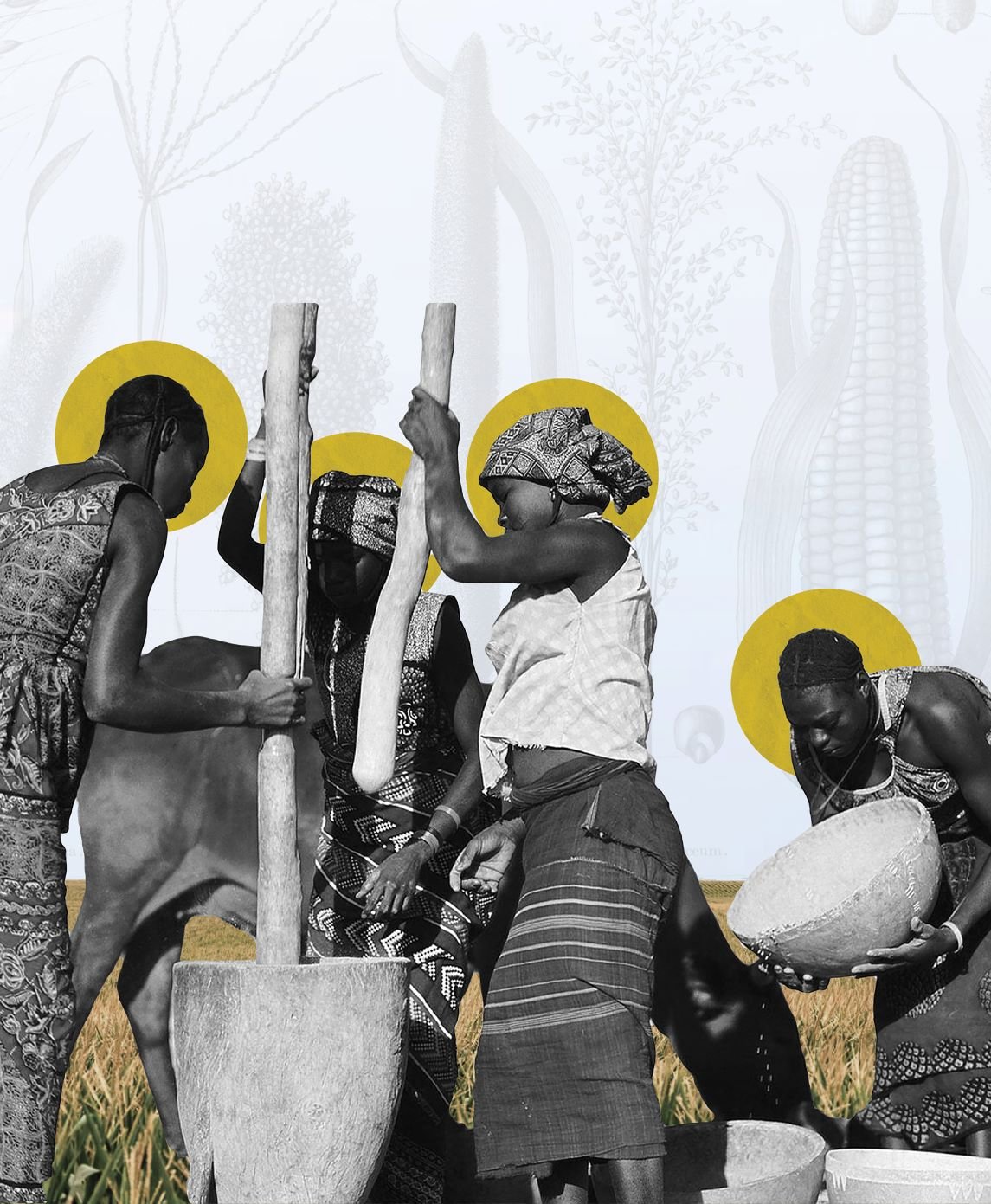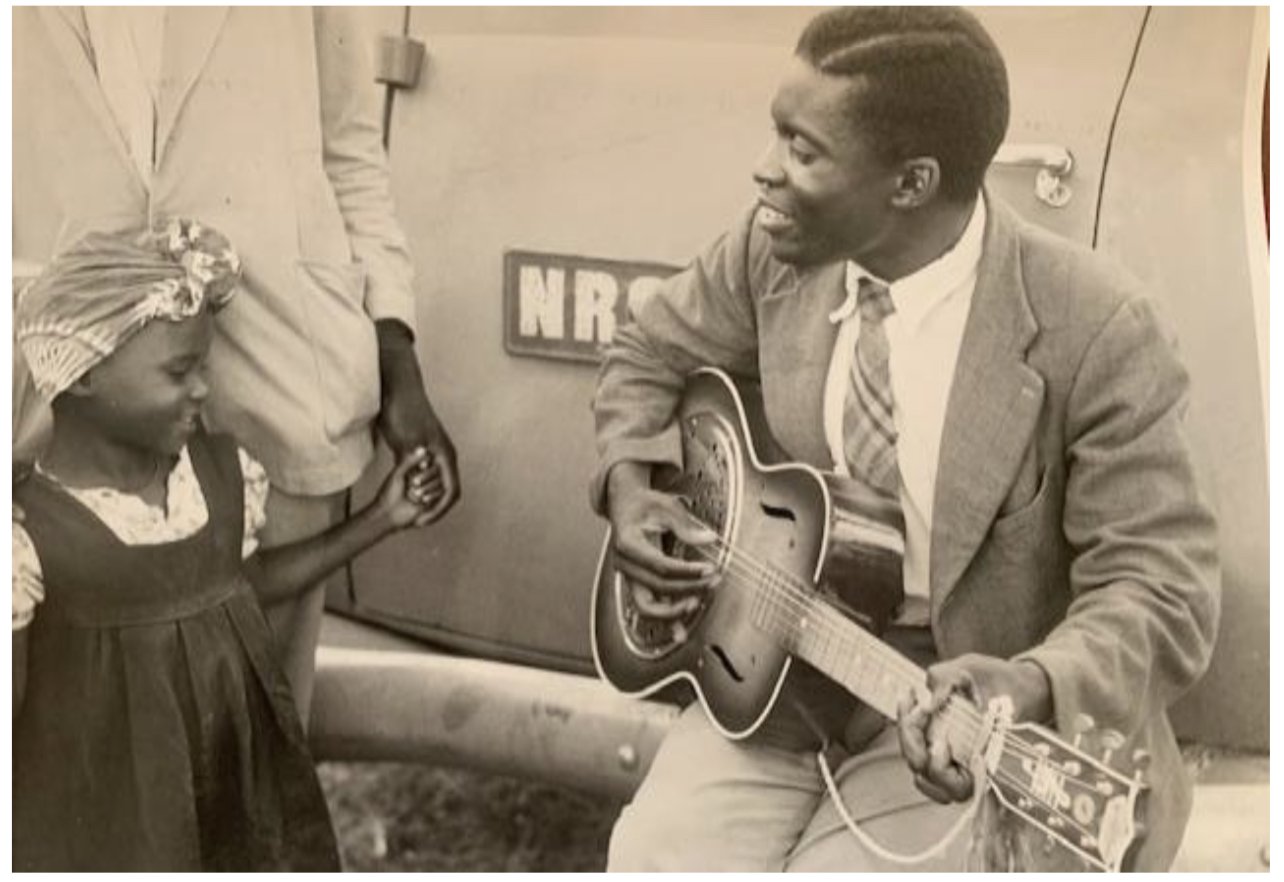
Chibuku, the iconic traditional African brew, was created in the 1950s in Kitwe, Zambia. It brought together traditional brewing methods passed down from generations and industrial techniques.
In the heart of Zambia's mining town of Kitwe, a bustling city on the Copperbelt Province, a brewing legacy was born in the 1950s. It wasn't just any brew; it was Chibuku, a name now synonymous with the rich world of African traditional beers that employ brewing methods developed by our ancestors.
Chibuku, also known as Chibuku Shake-Shake, is an opaque beer cherished not only in Zambia but across the region, from Zimbabwe to Malawi and Botswana. Its roots trace back to an innovative German settler, Max Heinrich, whose keen eye for opportunity led him to create what is now a beloved drink, working local women who held the secrets of traditional African brewing.

Chibuku is now sold in several African countries, including Zambia, Zimbabwe and Malawi.
Heinrich, inspired by the miners of Kitwe and the wider Copperbelt Province who relished the flavours of traditional brews crafted from sorghum, millet, and maize, embarked on a journey to commercialise their age-old recipes. With the guidance of indigenous brewing techniques passed down through generations, he pioneered a method to produce these brews on a larger scale.
Partnering with local bar owners, Heinrich ushered in a new era of brewing, documented in ledgers that captured the essence of community and camaraderie. It wasn't just about exchanging goods; it was about trust, with miners often extending their thirst for Chibuku on credit until payday, marking their names in the "big book."
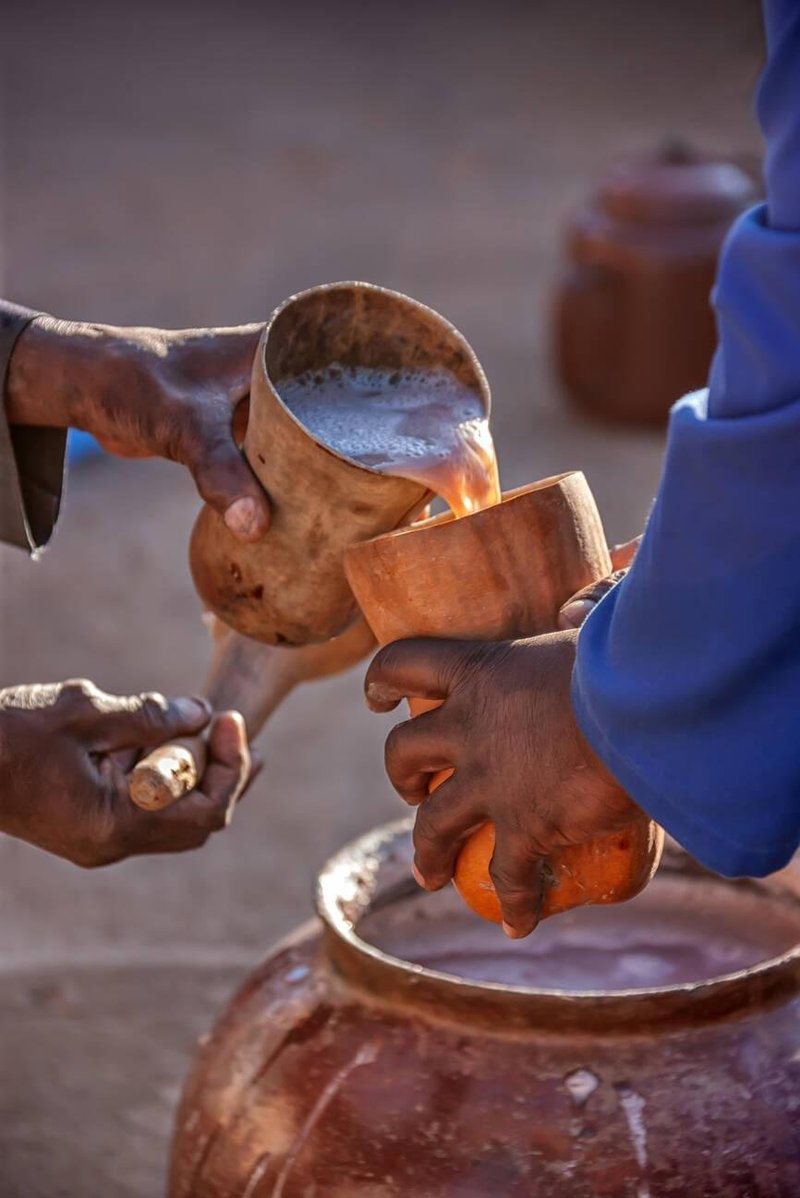
The production of traditional African beers has long been part of culture around Africa. The brews play an important role in social and economic life.
As the association between Heinrich's brew and the ledger grew, so did its identity. Fondly dubbed "chi buku" after the Bemba term for "the big book," this brew became more than a beverage; it symbolised shared moments, leisure time and tradition. The term “Shake-Shake” to the name of the beer refers to the ritual of shaking the beer before taking a sip of the drink.
Today, Chibuku stands as a testament to the ingenuity of African brewing, bridging the gap between past and present. Though its birthplace lies in Zambia, Chibuku's legacy extends far and wide, echoing through the streets of Zimbabwe and beyond. It serves as a reminder of the enduring spirit of African heritage, where modernity and tradition converge in harmony.
Chibuku embodies more than just a brew; it represents a way of life where every sip celebrates culture and community. From major celebrations to everyday meetings, Chibuku and a plethora of other traditional brews pay homage to the resilience and creativity of African ancestry.
